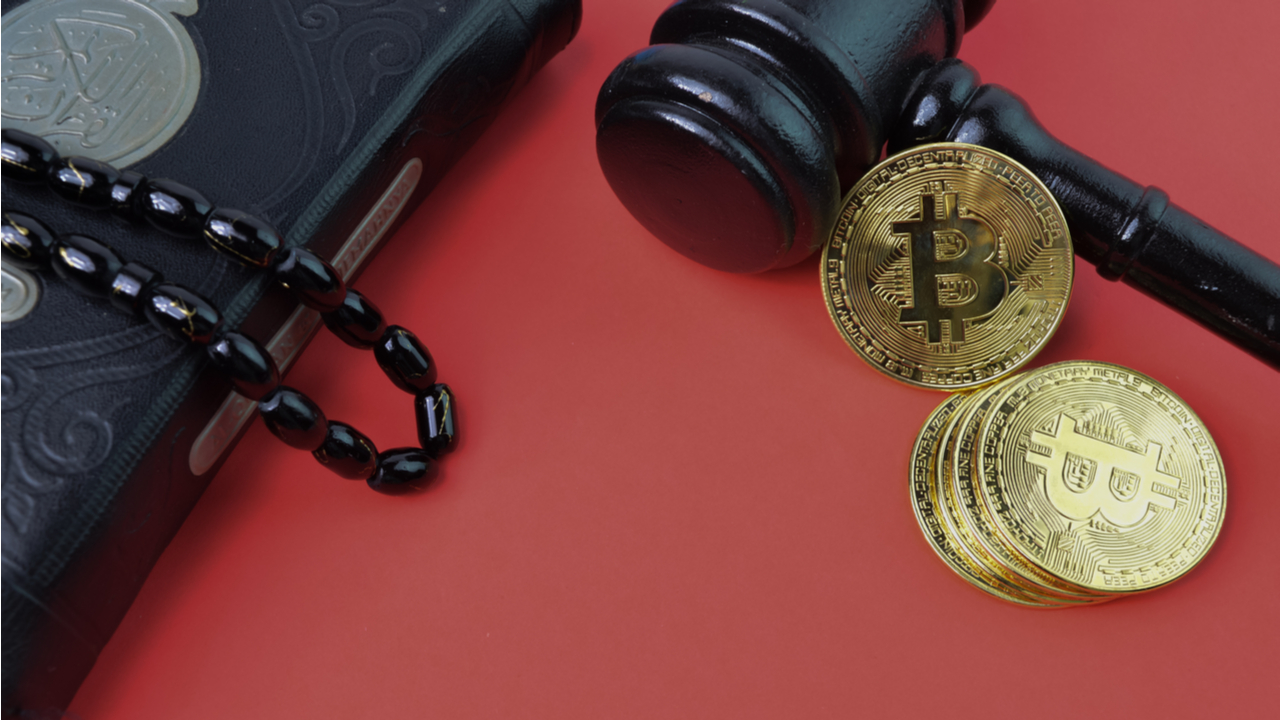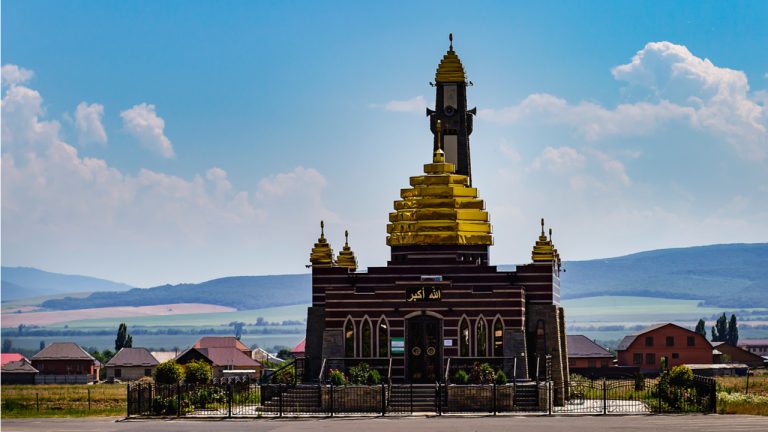
The fatwa pointed towards two critical issues with cryptocurrencies that make them illegal as an investment tool as well as a medium of exchange.
The Tarjih Council and the Central Executive Tajdid of Muhammadiyah, one of the largest non-government Islamic organizations in Indonesia, issued a new fatwa against cryptocurrency use, deeming it haram, or unlawful, for Muslims.
The fatwa, a ruling on the point of Islamic law, was issued on Tuesday and pointed towards two critical issues with cryptocurrencies that make them illegal as an investment tool and a medium of exchange under Islamic laws:
- The speculative nature of cryptocurrencies makes them imperfect as an investment tool. The crypto tokens are believed to contain “gharar” (obscurity) which means they are not backed by anything like gold, which makes them unlawful under Islamic laws.
- Cryptocurrencies don't meet the standards of Islamic barter or medium of exchange laws which require them to be legal tender and accepted by both parties.
The fatwa read:
"This speculative nature and gharar is forbidden by the Shari’a as the word of God and the hadith of the Prophet SAW and does not meet the values and benchmarks of Business Ethics according to Muhammadiyah."
Muhammadiyah became the third Indonesian Islamic organization to issue a fatwa against cryptocurrency use. Earlier, in November 2021, the Indonesian Ulema Council (MUI), the highest clerical body in the country declared crypto haram as a transactional tool. However, it noted that crypto assets can be used as an investment tool if they abide by sharia tenets. In October 2021, another major Islamic organization the Nahdlatul Ulama (NU) also deemed crypto haram due to its speculative nature.
Related: Russian Orthodox Patriarch is not a Bitcoiner, church clarifies
Despite the growing calls for a ban on crypto use by Islamic organizations in Indonesia, the country has seen a mammoth rise in adoption. The country recorded $9.8 billion in crypto transactions in 2021, recording a 1,222% rise over 2020. Not just investments and transactions, the recognition of crypto as a trading commodity has made it the primary choice of many international crypto exchanges.





